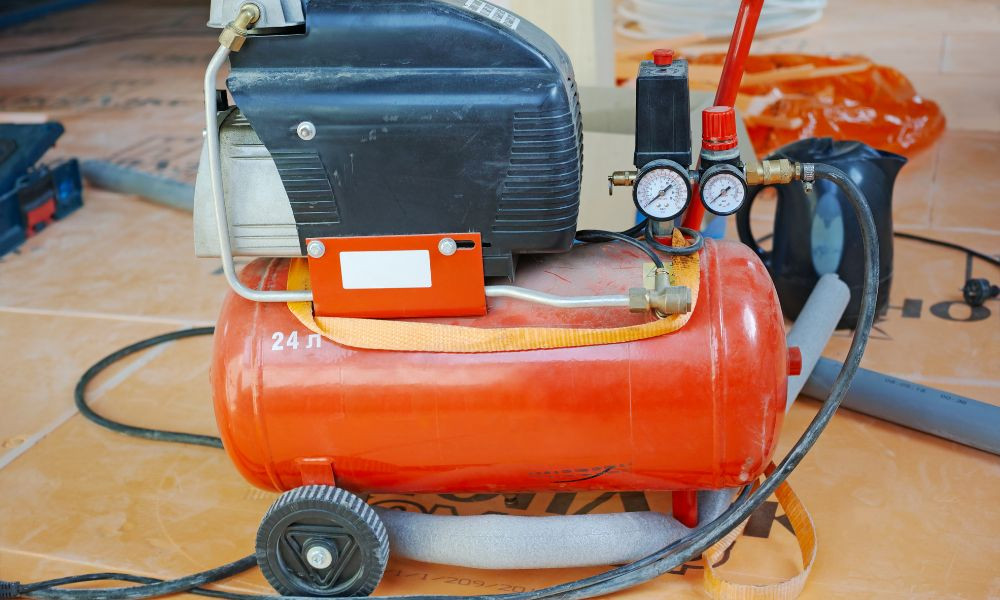Troubleshooting Air Compressor Overheating Issues
Like any mechanical equipment, air compressors encounter issues from time to time. Overheating is one of the most common problems. Overheating can lead to decreased efficiency, shortened lifespan, and even complete failure of your air compressor. Learn about troubleshooting air compressor overheating issues here.
How To Tell If Your Air Compressor Is Overheating
Signs of overheating include a notable decrease in performance, unusual smells like burning rubber or hot oil, and frequent unexpected shutdowns. If your compressor frequently exhibits these symptoms, it's a sign that you're dealing with an overheating issue. Regularly monitoring these signs can help you catch and rectify overheating problems before they cause serious damage. Here are some possible explanations for air compressor overheating:
Ambient Temperature of the Work Environment
The surrounding environment plays a significant role in the performance of your air compressor. If your compressor is situated in a hot, poorly ventilated area, it's more likely to overheat. Remember, air compressors generate heat during operation, and if the ambient temperature is high, it exacerbates the problem because the excess heat can’t dissipate as easily.
Consider relocating your compressor to a cooler, well-ventilated location or introducing cooling systems into the work environment, such as fans or air conditioning.
Clogged Vents, Hoses, Air Intake, or Filters
Over time, an air compressor's vents, hoses, air intake, check valve, or filters can become clogged due to accumulated dust, dirt, or debris. When these components are blocked, the compressor has to work harder to intake air and circulate it, leading to overheating. Regularly inspect and clean these parts to ensure optimal airflow and prevent potential overheating.
Low Oil Levels or Dirty Oil
Oil is crucial for lubricating the moving parts in an air compressor. Low oil levels or dirty oil can cause friction between these parts, resulting in excess heat production. It's imperative to check oil levels regularly and replace the oil according to the manufacturer's guidelines. Using high-quality oil specifically designed for air compressors can also help improve the machine's performance and longevity.
Worn Parts
Worn-out or damaged parts can also contribute to air compressor overheating. Over time, seals can wear out, valves can become inefficient, and gaskets can fail—all leading to increased load on the compressor and subsequent overheating. Regular maintenance checks can help identify these issues before they escalate. You can order air compressor parts online and replace worn parts yourself to save on repair costs and keep your compressor running smoothly and efficiently.
While air compressor overheating issues can be frustrating, you can troubleshoot those issues with some simple maintenance and attention to the working environment. Remember, when in doubt, don't hesitate to consult the helpful videos and schematic on Master Tool Repair’s website, or speak with our knowledgeable support staff about what parts might help solve your problems.
Recent Posts
-
Mastering Your Compressor: How to Set the Perfect Pressure for Any Job
One of the most frequent questions we hear at Master Tool Repair is: "What pressure should my air co …Jun 6, 2025 -
What Is an Aftercooler and Why Does Your Air Compressor Need One?
If your air compressor is producing hot, moisture-heavy air, you could be putting your tools and equ …May 22, 2025 -
What Is a Compression Ring & Why Does Your Air Compressor Need One?
If your air compressor isn’t holding pressure like it used to, a worn-out compression ring mig …May 8, 2025




